Home>Articles>The Average Cost Of Roof Repair Vs. Replacement: What To Consider
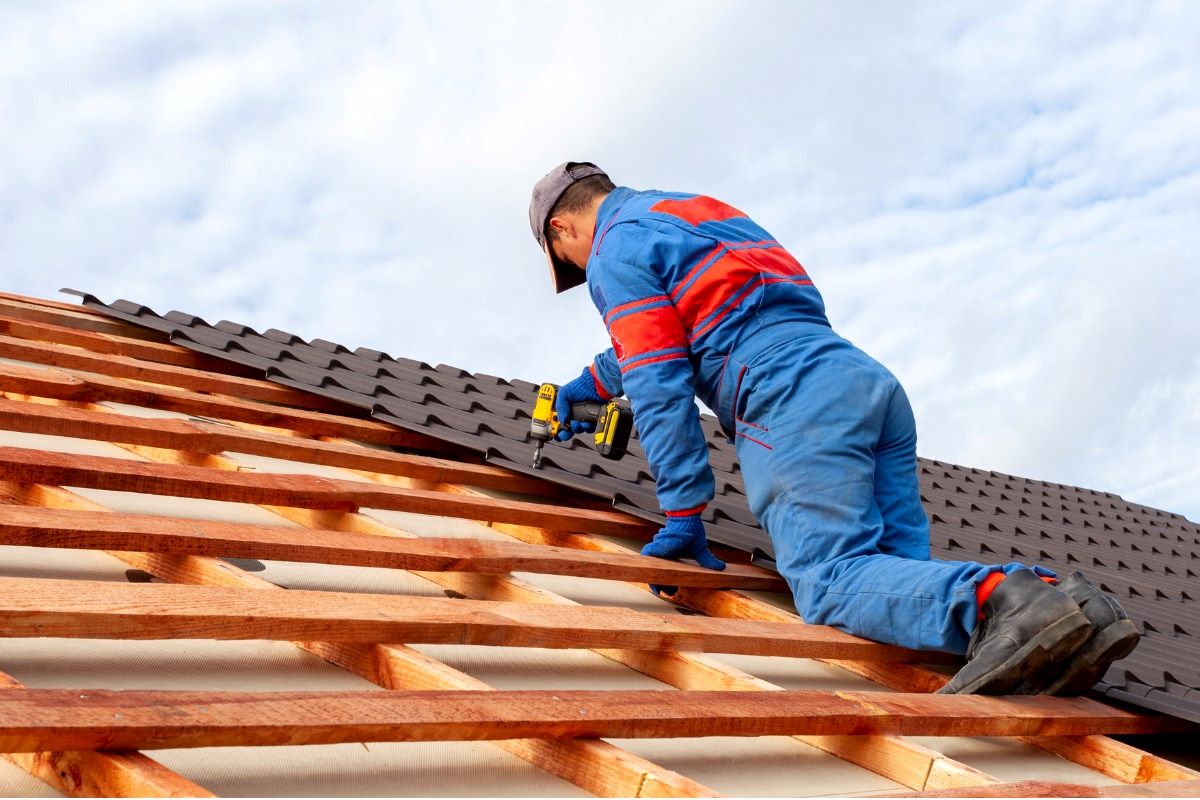

Articles
The Average Cost Of Roof Repair Vs. Replacement: What To Consider
Modified: August 16, 2024
Discover the average cost of roof repair vs. replacement and make an informed decision. Read our expert articles to consider all factors before embarking on your roofing project.
(Many of the links in this article redirect to a specific reviewed product. Your purchase of these products through affiliate links helps to generate commission for Storables.com, at no extra cost. Learn more)
Introduction
When it comes to maintaining and improving your home, the roof is one of the most critical components to consider. Over time, roofs can experience wear and tear due to weather conditions, age, and other factors, leading to the need for repairs or even a complete replacement. However, homeowners often find themselves wondering whether it’s more cost-effective to repair the existing roof or invest in a full replacement.
Understanding the average cost of roof repair versus replacement can help you make an informed decision. There are several factors to consider, including the extent of the damage, the type of materials needed, the size of your roof, and the labor involved. By weighing these factors and assessing your budget, you can determine the most suitable option for your home and financial circumstances.
In this article, we will delve into the factors that influence the cost of roof repair and replacement. We will also compare the average costs of both options, highlighting the advantages and disadvantages of each. By the end of this article, you will have a clear understanding of what to consider when faced with the decision to repair or replace your roof.
Key Takeaways:
- Assess the extent of damage, age of the roof, type of materials, energy efficiency, and resale value to make an informed decision on whether to repair or replace your roof. Consider long-term benefits and potential savings.
- While repairs may seem initially more affordable, frequent repairs can add up over time. A roof replacement offers long-term benefits, increased durability, energy efficiency, and enhanced curb appeal.
Read more: What Is Average Cost Of Building A House
Factors to Consider
Before deciding whether to repair or replace your roof, it’s important to consider several key factors. These factors will help you determine the most cost-effective and suitable solution for your specific situation. Let’s take a closer look at the factors that should influence your decision:
- Extent of Damage: First and foremost, assess the extent of damage to your roof. If the damage is minor, such as a few missing shingles or a small leak, repair may be a viable option. However, if your roof has significant damage, such as widespread leaks, sagging, or structural issues, a complete replacement may be necessary.
- Age of the Roof: Consider the age of your roof. If it’s relatively new and the damage is limited, repairs may be sufficient to extend its lifespan. On the other hand, if your roof is nearing the end of its expected lifespan, investing in a replacement can provide long-term benefits and avoid frequent repairs in the future.
- Type of Roofing Material: The type of roofing material also influences the cost and feasibility of repair versus replacement. Some materials, such as asphalt shingles, are more affordable to repair and replace. Others, like metal or slate, may require specialized skills and materials, making repairs more expensive. Evaluate the availability and cost of materials to make an informed decision.
- Energy Efficiency: If energy efficiency is a priority for you, consider how it factors into your decision. Older roofs may lack proper insulation, leading to energy loss and higher utility bills. A roof replacement can provide an opportunity to upgrade to more energy-efficient materials and improve the overall efficiency of your home.
- Resale Value: If you plan to sell your home in the near future, consider the impact of roof repair versus replacement on its resale value. A well-maintained and visually appealing roof can be a significant selling point. However, investing in a replacement may yield a higher return on investment and attract potential buyers.
By taking these factors into account, you can make an informed decision about whether to repair or replace your roof. Assessing the condition of your roof, its age, the type of materials involved, energy efficiency considerations, and the potential impact on resale value will guide you towards the most cost-effective and suitable choice for your home.
Cost of Roof Repair
The cost of roof repairs can vary significantly depending on the extent and nature of the damage, the type of roofing material, and the labor involved. Minor repairs, such as fixing a few missing shingles or sealing a small leak, can be relatively affordable. However, more extensive repairs, such as replacing a section of damaged roof decking or repairing structural issues, can be more costly.
On average, homeowners can expect to spend between $300 and $1,000 for roof repairs. However, this is just a general range, and the actual cost will depend on various factors. For example, repairing a small area of asphalt shingles may cost around $250 to $500, while repairing a larger section or multiple sections can range from $500 to $1,500 or more.
The type of roofing material also influences the cost of repairs. Materials such as asphalt shingles or wood shakes are generally more affordable to repair compared to metal or slate roofs. Additionally, the availability and cost of materials in your area can impact the overall repair expenses.
It’s important to note that these figures are just general estimates and can vary based on factors specific to your situation. To get an accurate cost estimate for roof repairs, it’s best to consult with a professional roofing contractor. They will assess the damage, provide an itemized quote, and offer expert advice on the most cost-effective repair solutions.
Keep in mind that while repairs may be cheaper initially, they may not provide a long-term solution if your roof is nearing the end of its lifespan or has multiple issues. In some cases, frequent repairs can end up costing more in the long run compared to investing in a roof replacement.
Ultimately, the cost of roof repairs will depend on the specific repairs needed, the materials involved, and the expertise of the roofing contractor. By obtaining multiple quotes and comparing the costs, you can make an informed decision about whether repair is the best option for your roof.
Cost of Roof Replacement
A roof replacement involves completely removing the existing roof and installing a new one. This is a more extensive and costly process compared to roof repairs. The cost of roof replacement is influenced by factors such as the size of the roof, the type of roofing material, the complexity of the installation, and the labor involved.
On average, homeowners can expect to spend between $5,000 and $10,000 for a roof replacement. However, this cost can vary depending on several factors. A basic asphalt shingle roof replacement for an average-sized home can range from $5,000 to $7,500. However, if you choose higher-end materials, such as metal or slate, the cost can increase significantly, potentially exceeding $15,000 or more.
The size and complexity of the roof also play a role in the cost of replacement. Roofs with multiple levels, steep pitches, or intricate designs require more labor and materials, resulting in higher costs. Additionally, the geographical location can influence the cost due to variations in labor rates and material availability.
When considering a roof replacement, it’s essential to weigh the long-term benefits against the upfront cost. A new roof can provide increased durability, improved energy efficiency, enhanced curb appeal, and peace of mind. It can also add value to your home and potentially lower your insurance premiums.
To accurately determine the cost of a roof replacement, it’s advisable to consult with professional roofing contractors. They will assess the size, complexity, and specific requirements of your roof and provide detailed estimates. Obtaining multiple quotes will enable you to compare prices and choose a reputable contractor who can deliver quality work within your budget.
While a roof replacement may seem more expensive upfront, it can offer significant long-term advantages. A new roof can minimize the need for frequent repairs, provide better protection against the elements, and increase the value and appeal of your home. When considering a roof replacement, factor in the potential return on investment and the long-term benefits it can bring.
Note that these figures are estimates, and the actual costs can vary depending on the factors mentioned above. It’s crucial to consult with professionals to get accurate quotes and make an informed decision about the cost of a roof replacement.
Consider the age and condition of your roof when deciding between repair and replacement. A newer roof may only need repairs, while an older roof may be more cost-effective to replace.
Comparing the Costs
When weighing the cost of roof repair versus roof replacement, it’s essential to compare the expenses associated with each option. While repair may seem initially more affordable, it’s important to consider the long-term implications and potential savings of a roof replacement.
Roof repairs typically have a lower upfront cost compared to a complete replacement. The average cost of repairs can range from a few hundred to a few thousand dollars, depending on the extent of the damage and the type of materials needed. Repairs are generally suitable for minor issues and can help prolong the life of your roof.
On the other hand, a roof replacement involves a more significant investment. The average cost of a replacement can range from several thousand to tens of thousands of dollars, depending on factors such as the size of the roof, the roofing material, and any additional work required. A roof replacement provides a fresh start and addresses underlying issues, providing long-term peace of mind.
When comparing the costs, consider the following factors:
- Frequency of Repairs: If your roof requires frequent repairs, these costs can add up over time and exceed the cost of a replacement. A roof replacement eliminates the need for constant repairs and provides a more cost-effective solution in the long run.
- Energy Efficiency: Upgrading to energy-efficient materials during a roof replacement can result in long-term savings on your energy bills. The enhanced insulation and reflective properties of certain roofing materials can reduce heat transfer and improve energy efficiency.
- Resale Value: A new roof can significantly increase the resale value of your home. If you plan to sell your property in the future, a roof replacement can be a worthwhile investment that attracts potential buyers and justifies a higher selling price.
- Warranty and Longevity: A roof replacement often comes with a warranty, providing protection and peace of mind for a certain period. Additionally, the installation of a new roof ensures that you have a longer lifespan ahead, minimizing the need for immediate repairs or replacements.
Ultimately, the decision between roof repair and roof replacement should be made based on your specific circumstances. If the damage is extensive or your roof is reaching the end of its lifespan, a replacement may be the more cost-effective and practical choice. However, if the damage is minor and your roof is relatively young, repairs may suffice.
Consulting with a professional roofing contractor is crucial when comparing costs. They can assess your roof’s condition, provide detailed quotes for repairs and replacements, and offer expert advice based on their knowledge and experience.
Remember, it’s not just about the initial cost but also the long-term benefits and potential savings. Consider all the factors discussed above to make an informed decision about the most suitable and cost-effective option for your roof.
Other Considerations
When deciding between roof repair and roof replacement, there are several additional factors to consider. These factors can help you make a well-rounded decision that takes into account both the financial implications and the overall condition and performance of your roof.
Aesthetics: Aside from functionality, aesthetics play a significant role in the appeal of your home. If your roof has visible signs of damage or wear, a complete replacement can provide a fresh, updated look that enhances your home’s curb appeal. However, if the damage is minimal and doesn’t affect the overall appearance, repairs may be sufficient.
Time and Disruption: Roof replacement is a more time-consuming and disruptive process compared to repairs. It involves removing the existing roof, installing a new one, and potential additional work such as addressing underlying structural issues or upgrading insulation. Repairs, on the other hand, are typically quicker and less invasive, causing minimal disruption to your daily routine.
Insurance Coverage: Check your homeowner’s insurance policy to determine what type of coverage you have for roof repairs or replacement. Some policies may cover certain types of damage, while others may have limitations or exclusions. Understanding your insurance coverage can help you assess the financial aspect of the decision.
Environmental Impact: Consider the environmental impact of your decision. Roof replacements involve discarding the old materials, which can contribute to landfill waste. On the other hand, repairs can help extend the lifespan of your existing roof, reducing the overall environmental footprint.
Professional Advice: It’s always advisable to seek professional advice from experienced roofing contractors. They can assess your roof’s condition, provide expert recommendations, and offer detailed cost estimates for repairs and replacements. Their expertise can help you make an informed decision and ensure the best outcome for your roof.
Every homeowner’s situation is unique, so it’s vital to consider all these factors when deciding between roof repair and replacement. Evaluate the overall condition, aesthetics, time, insurance coverage, and environmental impact to make the most appropriate choice for your home and budget.
Conclusion
Deciding whether to repair or replace your roof is a crucial decision that involves considering several factors. By understanding the average costs, weighing the benefits and drawbacks, and taking into account the condition and age of your roof, you can make an informed decision that aligns with your budget and long-term goals.
For minor issues and relatively young roofs, roof repairs can be a cost-effective solution. Repairs can address specific damage, extend the lifespan of your roof, and provide temporary relief. However, frequent repairs can accumulate costs over time and may not offer a long-term solution.
On the other hand, a roof replacement provides a fresh start and can address multiple issues, improve energy efficiency, enhance curb appeal, and increase the value of your home. While more expensive upfront, a replacement offers long-term benefits and eliminates the need for frequent repairs.
When comparing the costs, it’s essential to consider the frequency of repairs, energy efficiency, resale value, and warranty. Additionally, factors such as aesthetics, time, insurance coverage, and the environmental impact should be taken into account.
Consulting with professional roofing contractors is crucial in assessing your roof’s condition, obtaining accurate cost estimates, and receiving expert advice. They can guide you in making the right decision based on their knowledge, experience, and understanding of your specific needs.
Remember, there is no one-size-fits-all answer when it comes to roof repair versus replacement. Each situation is unique, and it’s important to consider the individual factors and prioritize your requirements. By doing so, you can make a well-informed and financially responsible decision that ensures the longevity, functionality, and beauty of your home’s roof.
Frequently Asked Questions about The Average Cost Of Roof Repair Vs. Replacement: What To Consider
Was this page helpful?
At Storables.com, we guarantee accurate and reliable information. Our content, validated by Expert Board Contributors, is crafted following stringent Editorial Policies. We're committed to providing you with well-researched, expert-backed insights for all your informational needs.
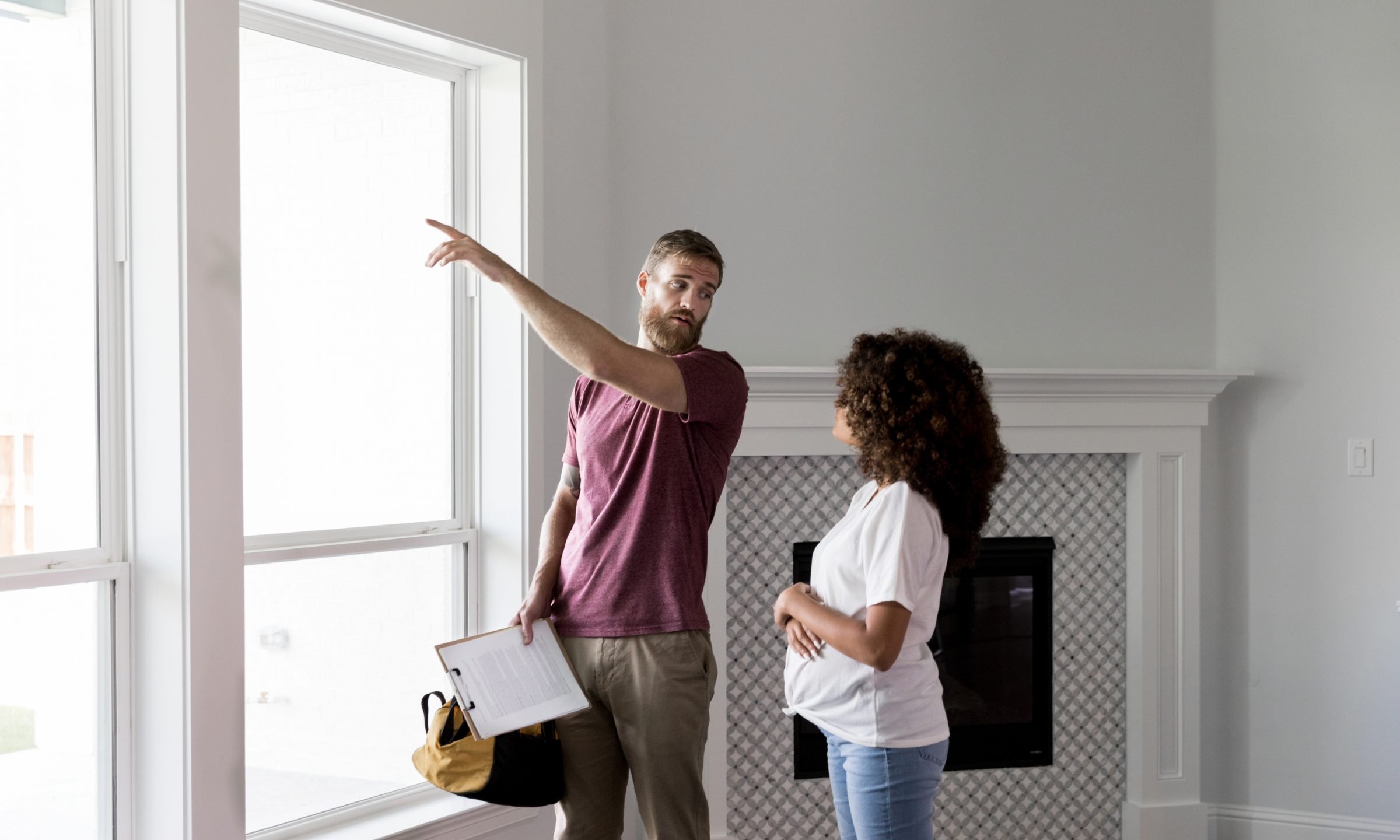

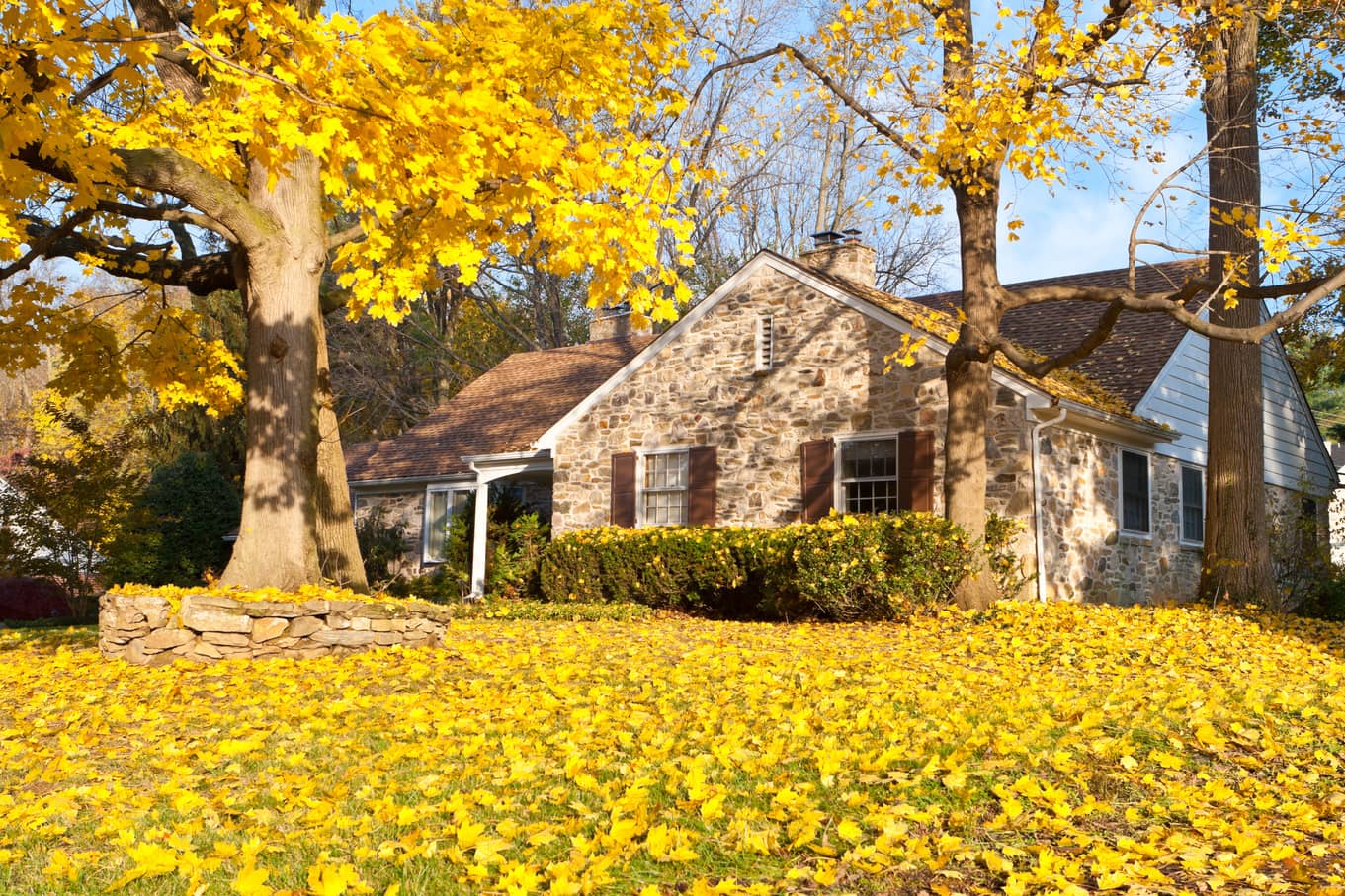
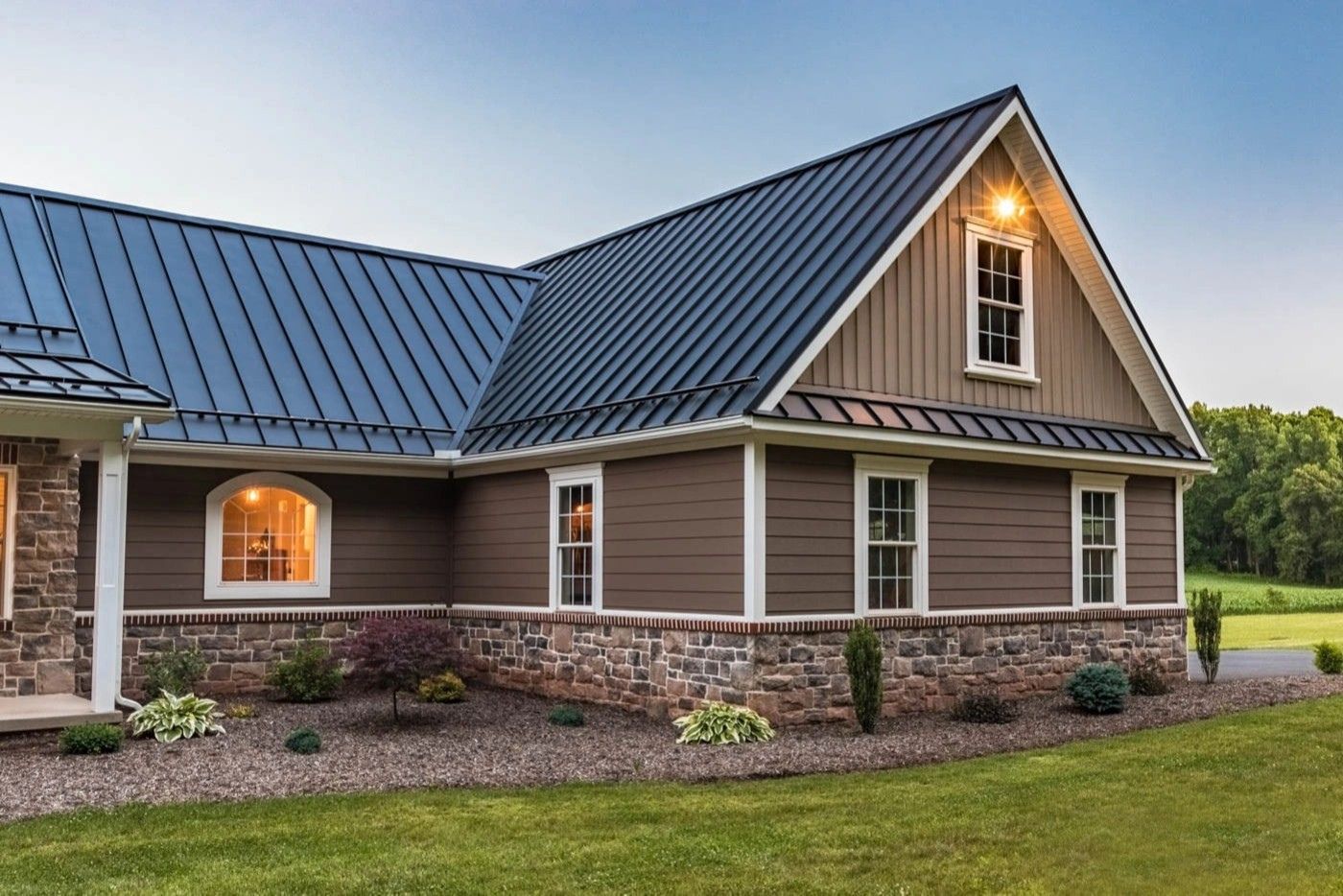
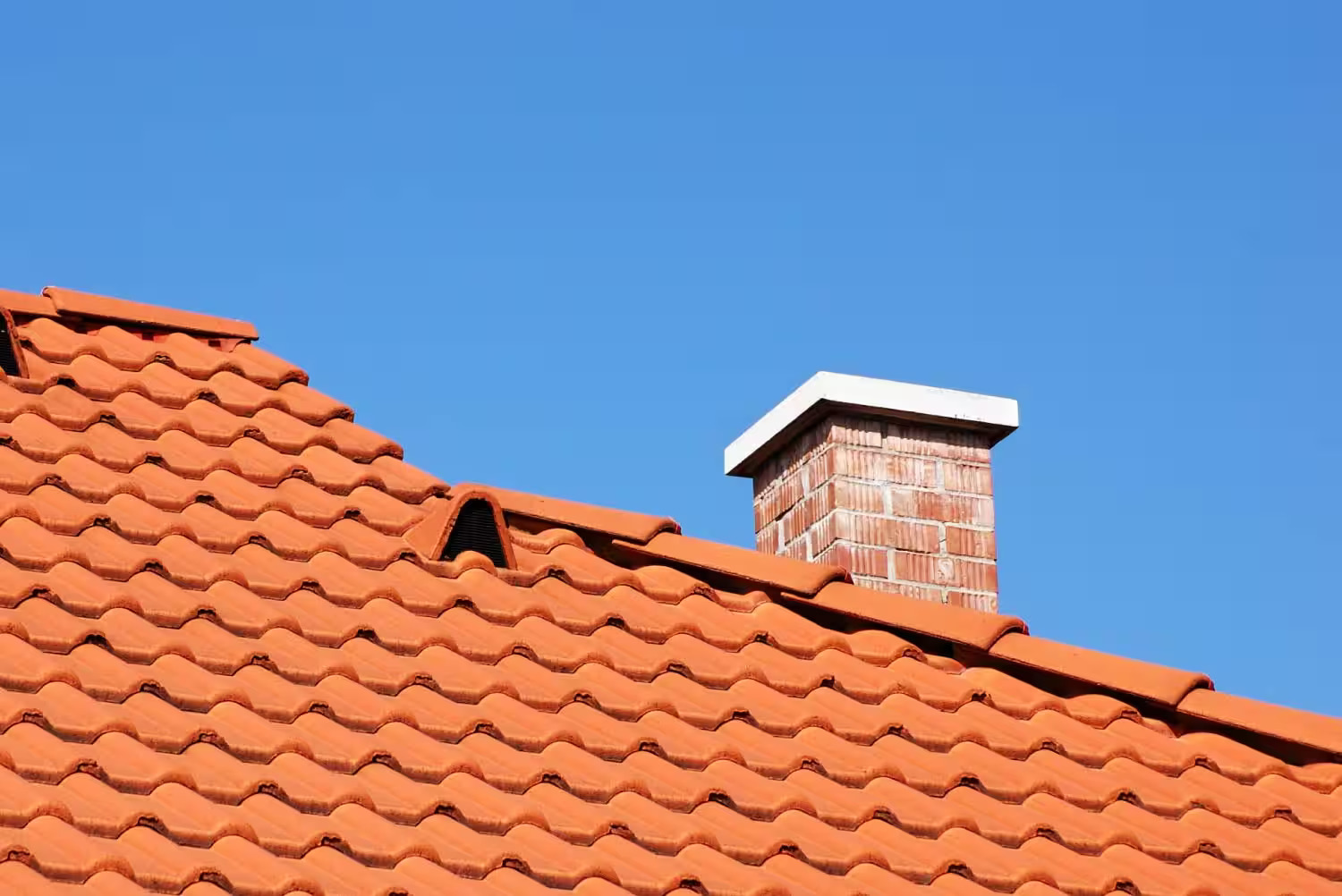

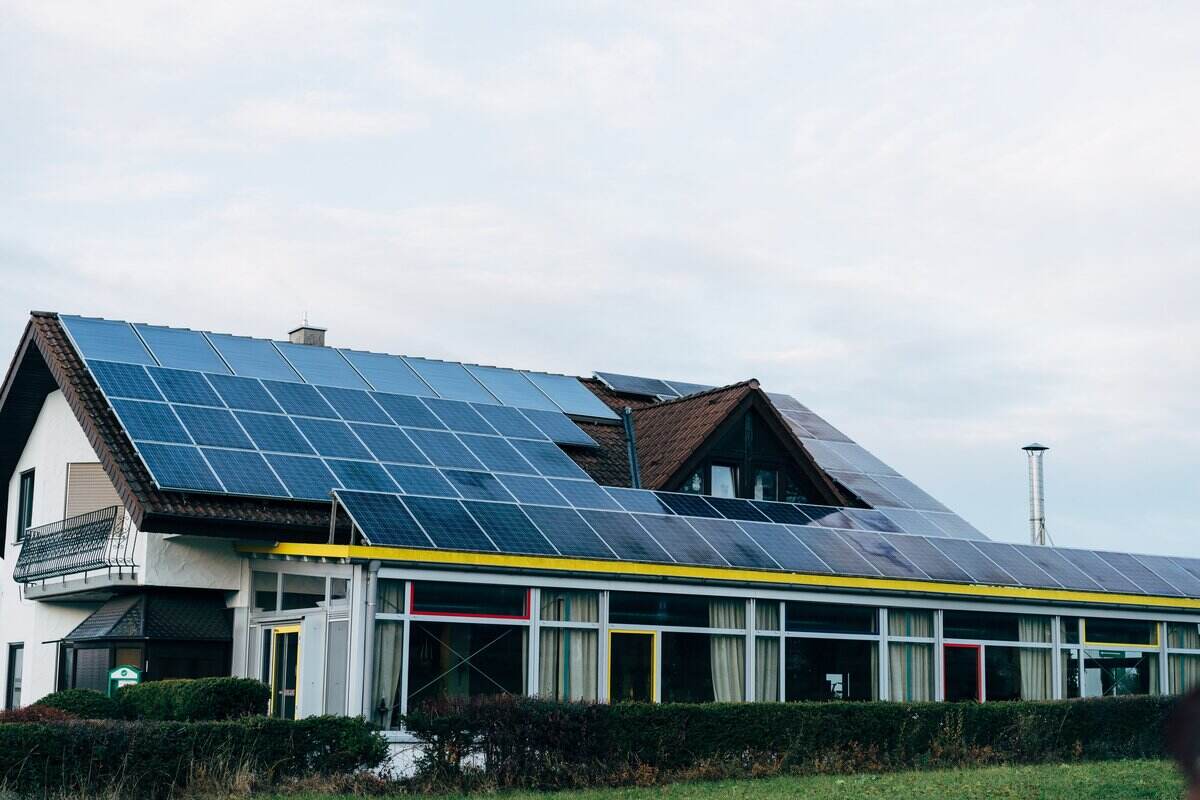

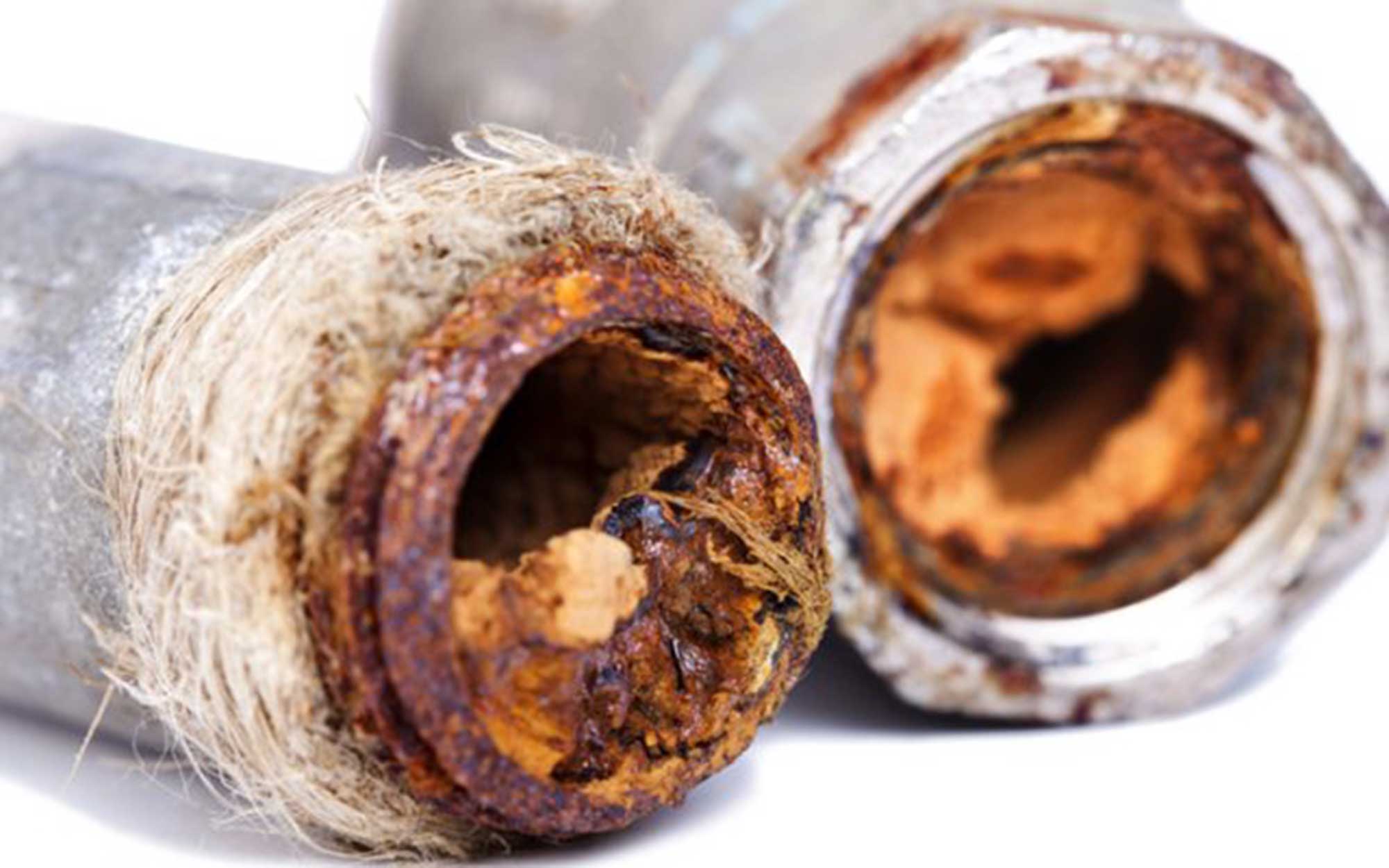

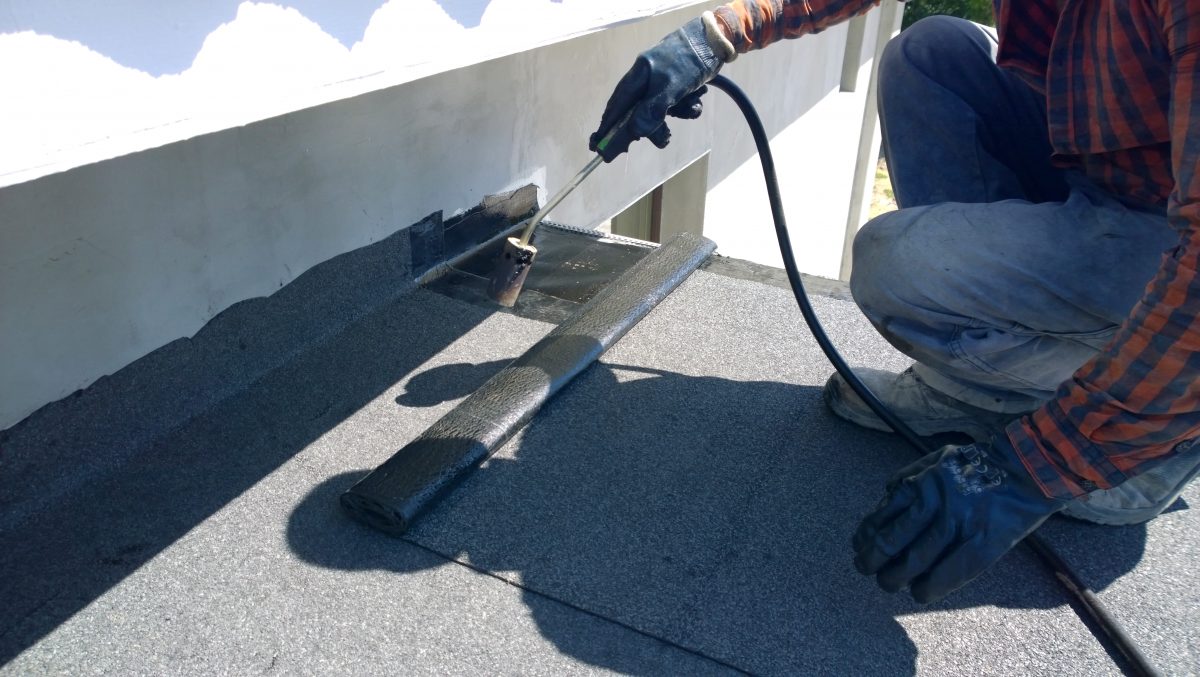
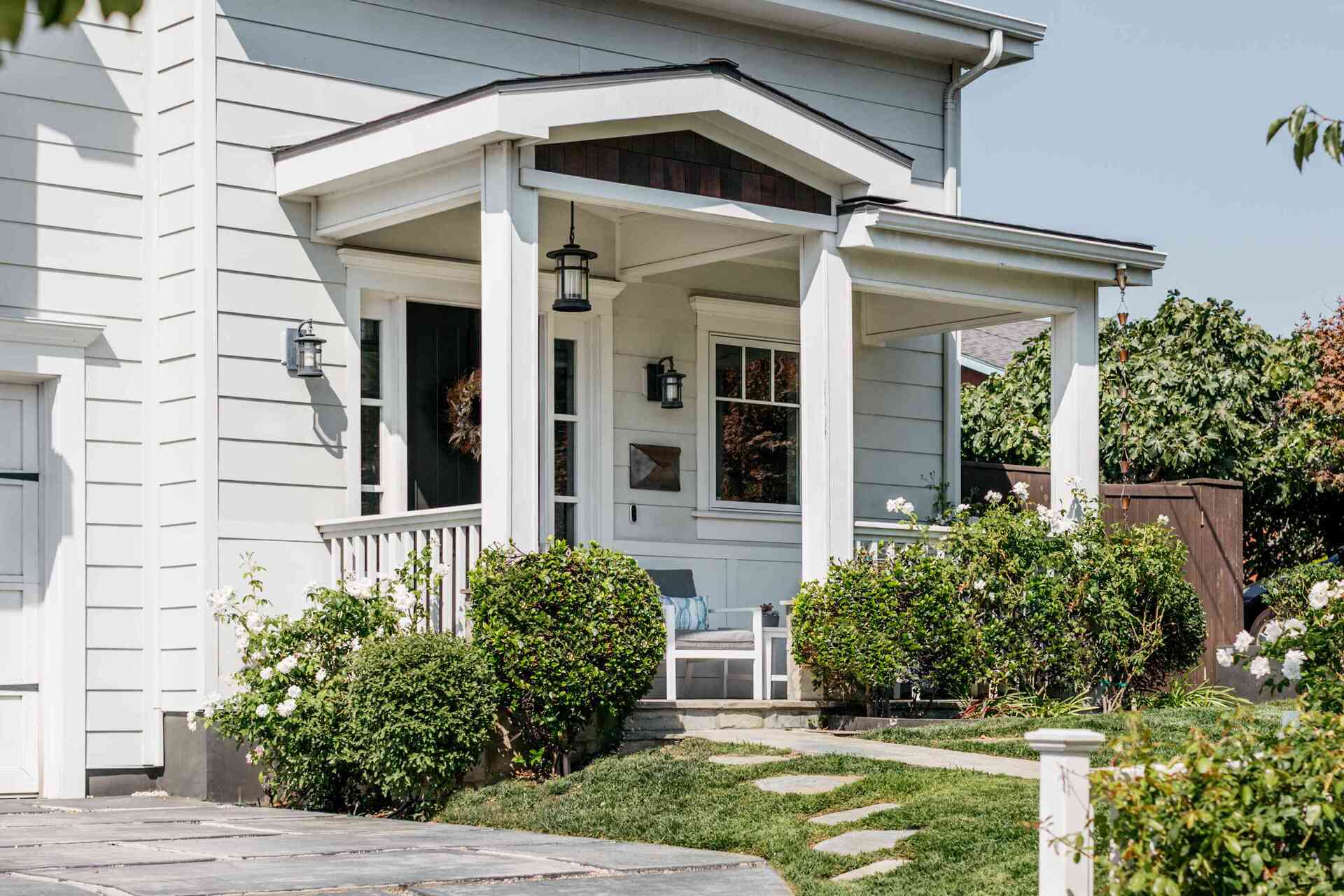
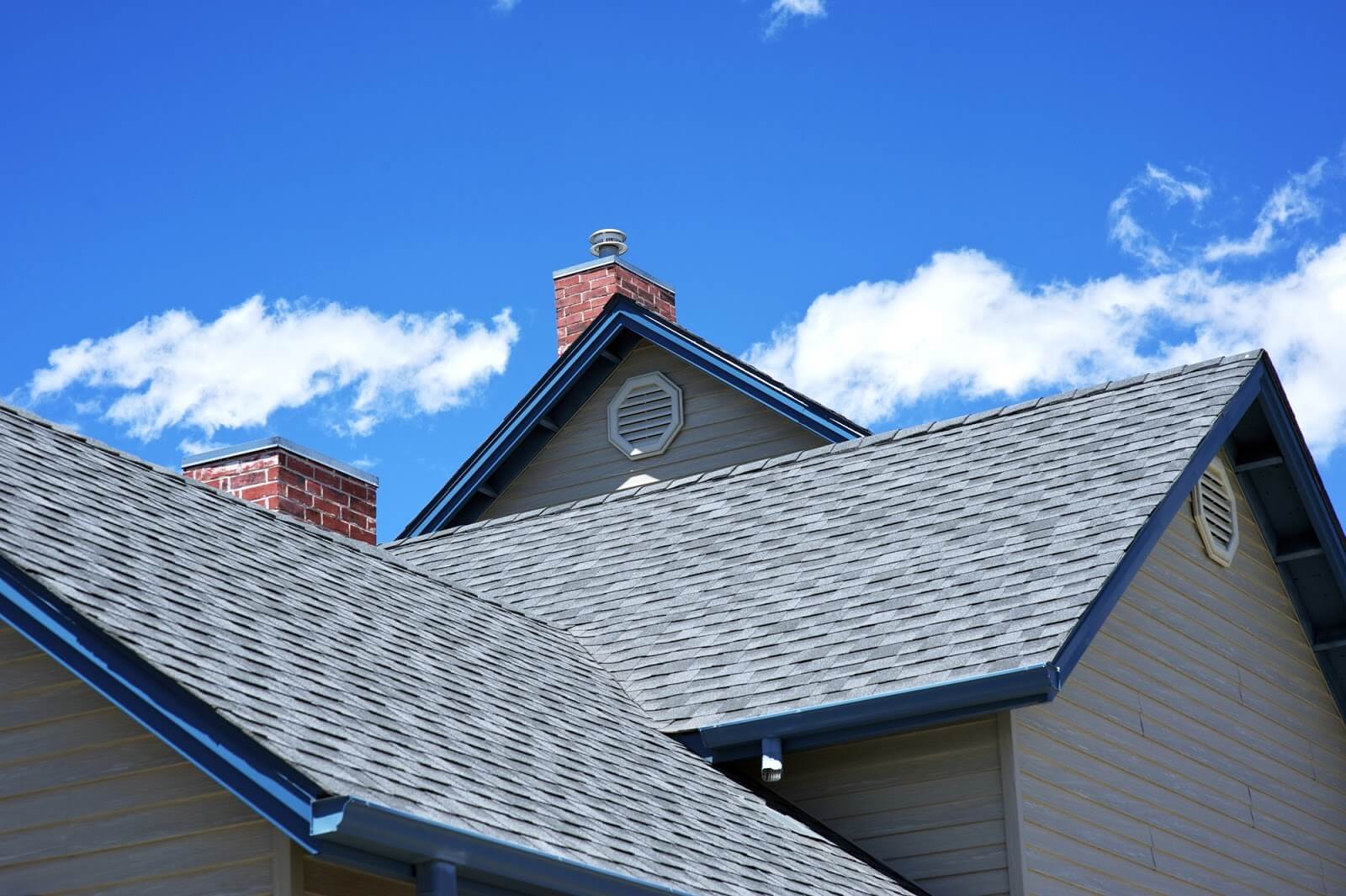
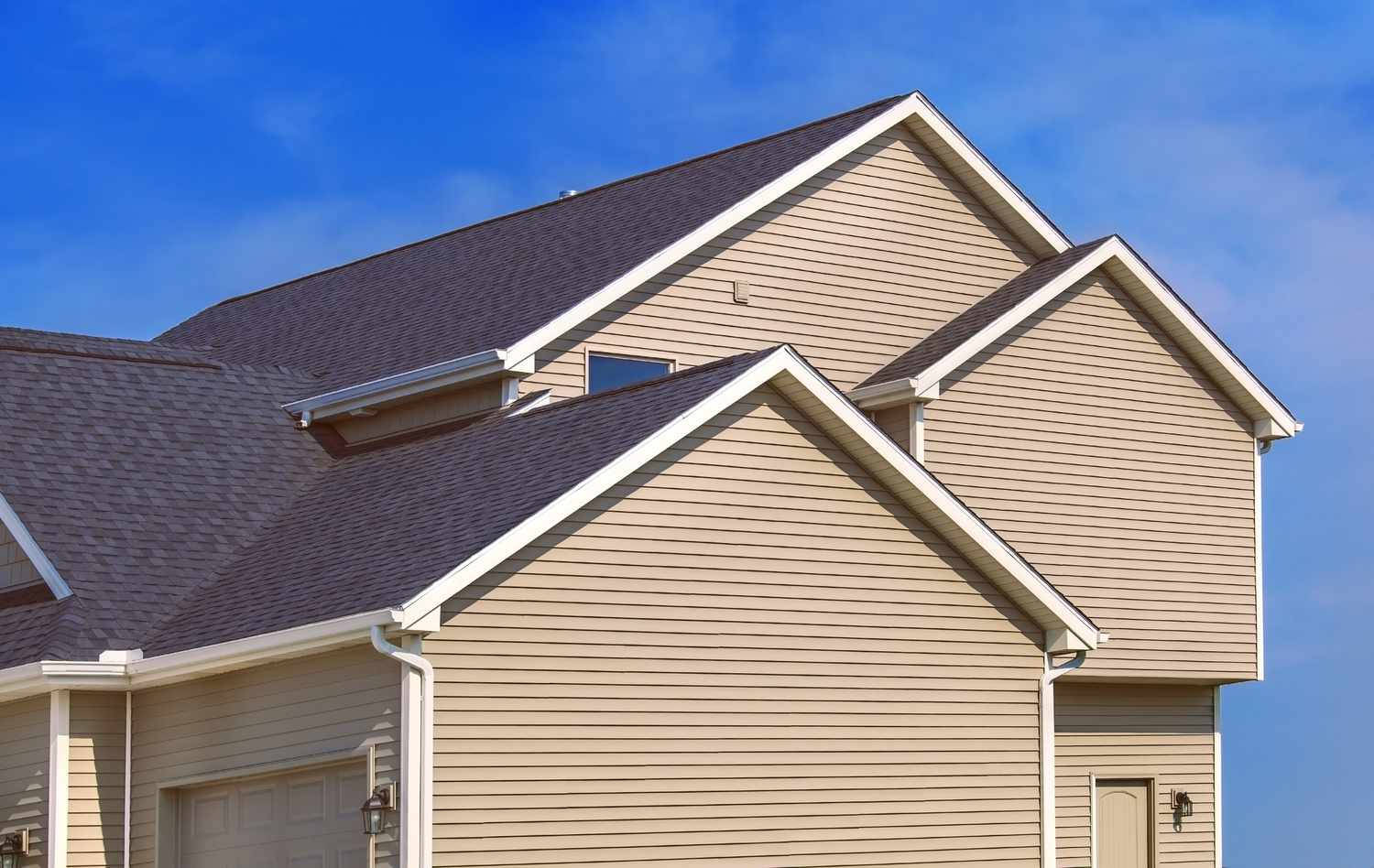

0 thoughts on “The Average Cost Of Roof Repair Vs. Replacement: What To Consider”